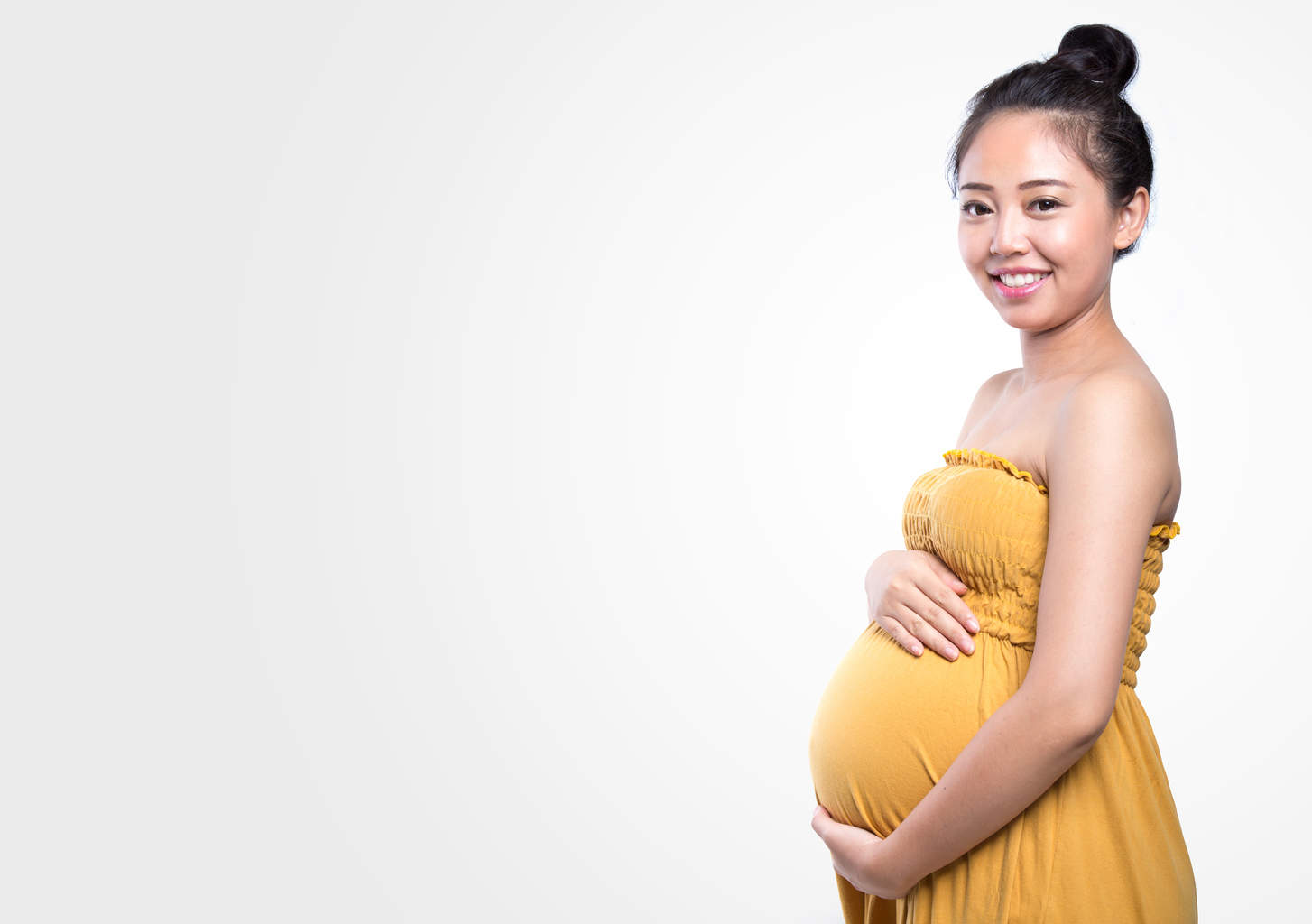Contents:
- Medical Video: Women's Issues in Epilepsy: Contraception, Pregnancy and Breast Feeding
- If epilepsy patients plan to get pregnant
- Epilepsy during pregnancy
- Treatment with medicines
- Risk of sodium valproate medication
- The importance of folic acid
- Care during pregnancy
- Birth and later stages
Medical Video: Women's Issues in Epilepsy: Contraception, Pregnancy and Breast Feeding
Epilepsy usually starts in childhood, but it can also begin to appear at any age, actually. The main symptom of epilepsy is repeated seizures. Seizures occur when abnormal patterns of electrical activity increase in the brain, so that it may cause the body to move uncontrollably, and can also cause loss of consciousness in the short term.
If epilepsy patients plan to get pregnant
If you use anti-epilepsy drugs (AED) and plan to become pregnant, you should continue using contraception and medication until you discuss your plan with a neurologist or general practitioner. This is because you may need to change your medication, and this must be done only under the supervision of a specialist.
Some AEDs can harm the unborn baby, but there is also the risk of uncontrolled seizures in pregnancy.
Epilepsy during pregnancy
It is difficult to predict how pregnancy will affect epilepsy. Some women who suffer from epilepsy are not very affected, while others consider their condition to improve. However, because pregnancy can cause physical and emotional stress, seizures may become more frequent and severe.
Treatment with medicines
Many women with epilepsy use AED to control seizures. Research has shown that there is an increased risk of Fetal Anti-Convulsant Syndrome (FACS) in children born to mothers who have taken AED during pregnancy. Children with FACS may be hampered in physical or brain development.
These drugs may increase the risk of physical disorders such as spina bifida, heart abnormalities, and cleft lip. Depending on the type of medication and dosage, the baby may be at risk of being affected by the drug in terms of:
- Lower intellectual ability
- Poor language skills (ability to speak and understanding)
- Memory disorders
- Autism spectrum disorder
- Delay when learning to walk and talk
Before you get pregnant, discuss your treatment with an obstetrician and neurologist who understands epilepsy. They may want to consider alternative treatments. It is usually better to change the type of medication before you become pregnant, than when or during your pregnancy.
If you are pregnant while using AED, continue treatment and immediately contact a specialist to discuss your treatment. Do not change medication or stop taking medication without specialist advice, especially during your pregnancy, because severe seizures in pregnancy can result in injury to you or even your baby.
Risk of sodium valproate medication
The risk of harm to babies is higher with some AEDs, for example sodium valproate, than other drugs, and if two or more AEDs are taken together (called polytherapy).
The risk of physical abnormalities in infants whose mothers use sodium valproate in pregnancy is about 11%, compared with 2-3% of children in the general population. This means that out of 100 women with epilepsy who use sodium valproate during pregnancy, 11 of them will have babies with physical abnormalities.
The risk of nerve development problems is around 30% -40% (30-40 out of 100) in infants whose mothers drink sodium valproate during pregnancy.
If you drink sodium valproate and plan to get pregnant, or you find out that if you end up pregnant, don't stop taking medication. Meet a specialist immediately to discuss your pregnancy and care.
The importance of folic acid
If you take medication to control epilepsy, it is recommended that you drink 5 mg of folic acid in high doses every day, as soon as you start trying to get pregnant. This medication must be prescribed for you, usually by a general practitioner, because 5 mg tablets do not apply without a prescription.
You should visit a general practitioner as soon as possible. If you are unexpectedly pregnant and haven't taken folic acid, drink immediately. You can buy 400 mcg of tablets in lower doses at the pharmacy before getting a 5 mg tablet prescription.
If you need advice, talk to your GP or pharmacist.
Care during pregnancy
Before becoming pregnant, or in an early pregnancy, you are advised to visit an obstetrician, who will discuss and plan treatment while you are pregnant. If necessary, the neurologist may also be involved in making a joint plan.
You will be offered an ultrasound scan to help detect any baby's development problems. You may need an additional blood test to check the level of anti-epileptic drugs in your blood, depending on the type of AED you consume.
You might be worried about congenital epilepsy in infants. However, you can talk to the care team about this and other issues.
Birth and later stages
Although the risk of seizures during childbirth is low, you are advised to give birth at the birth unit led by a consultant at the hospital.
During the birth process, you will be looked after by a midwife or doctor who can help you if necessary. Read about what happened in the birth.
Because some AEDs reduce blood clots in babies, babies will soon be injected with vitamin K after birth. Usually there is no reason why you cannot breastfeed a baby. Although some drugs enter breast milk, the benefits of breast milk often outweigh any risks. Midwives, obstetricians or pharmacists can provide advice based on your circumstances.












